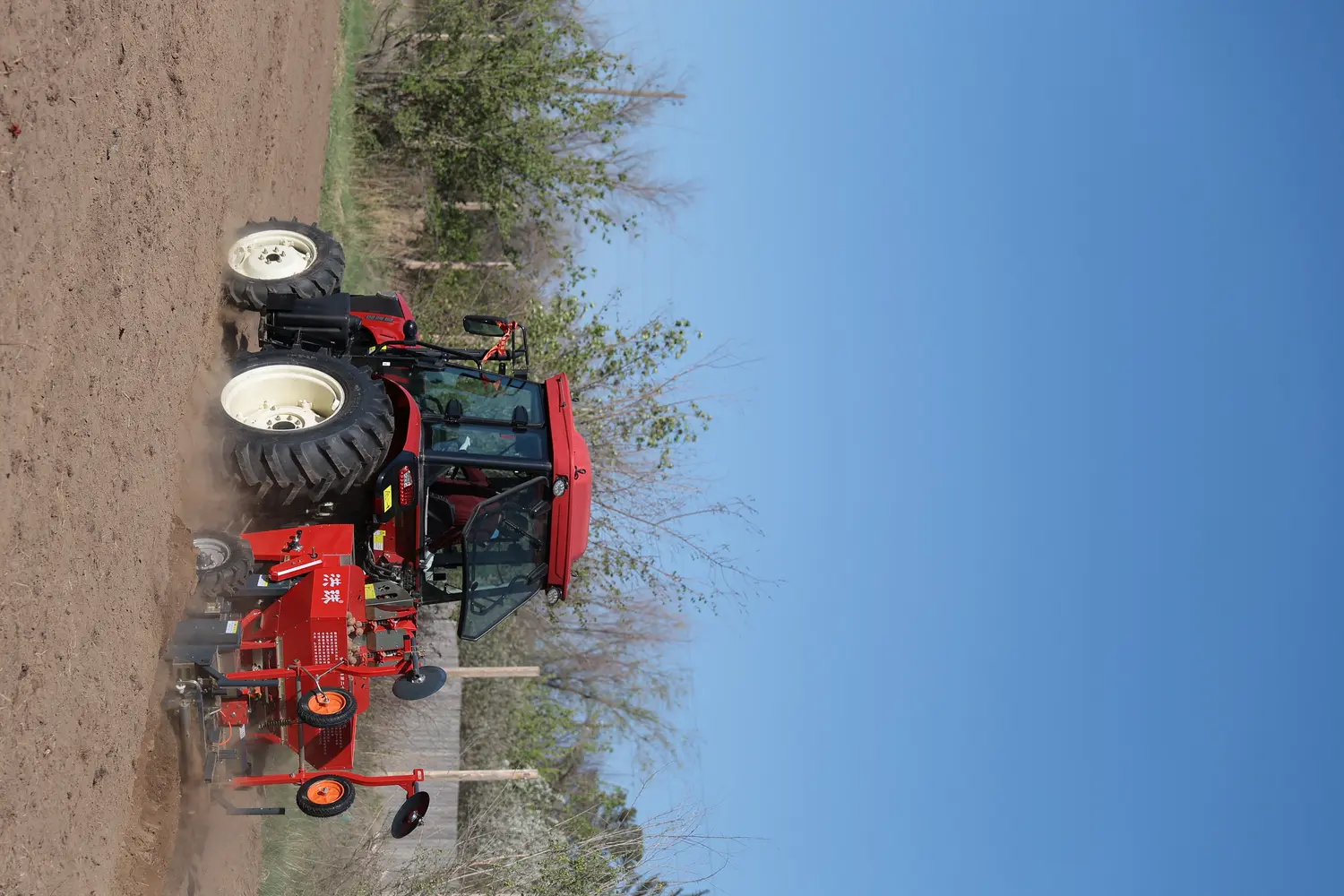Sustainable Agriculture, Smart Solutions: Shakarim University, Northwest A&F University, and Xi’an Hetu Trading Co., Ltd. (China) Launch a New Agricultural Initiative

An official news article has been published on the website of Northwest A&F University (China) news.nwsuaf.edu.cn, announcing the launch of a new stage of international agricultural cooperation between Kazakhstan and China. The article, edited by Zhang Qing and finalized by Liu Yufeng (https://news.nwsuaf.edu.cn//xnxw/6a948add593a477a86f3538f729aa0cc.htm, highlights Shakarim University as the initiator, coordinator, and scientific partner of the new "Demonstration Park of Technologies for Arid and Cold Climates" in East Kazakhstan.
It is significant that such a large-scale project—spotlighted by one of China’s leading agricultural universities—is being positioned not merely as an act of scientific diplomacy but as a multi-purpose program for technology transfer, human capital development, and sustainable agricultural ecosystem building.
The project is being driven on the Kazakhstani side by the team at Shakarim University under the leadership of Rector Duman Orynbekov. The initiative itself was proposed by Yerassyl Dulatbay, Vice-Rector for Internationalization and Innovation, who is also Kazakhstan’s only CNAS-certified technical expert.
It is symbolic that Yerassyl Dulatbay, a young scientific leader of the new generation, was the one to launch this strategic platform. His involvement from partnership planning to launching pilot fields shows that the university is ready to serve as a catalyst for real transformation in agricultural science and global cooperation.
The project includes:
Selection and breeding of drought- and cold-resistant crop varieties with the introduction of eco-friendly and efficient cultivation technologies;
Implementation of Chinese smart farming machinery and water-saving systems—from sowing to irrigation and harvesting;
Field trials of six crops (including wheat, soybean, and rapeseed) to identify optimal varieties for the climate of Abai Region;
Practical field-based training and supervision for students of Shakarim University and regional agronomists and technicians.
This is more than scientific collaboration. It is a systemic step toward a sustainable agricultural model that takes into account climate risks, technology trends, and human capital. The Chinese partner, Xi’an Hetu Trading Co., Ltd., is taking full responsibility for technical support, which gives the project industrial feasibility.
The initiative targets the arid and cold-climate regions of East Kazakhstan.
The project is being implemented with the technical leadership of Professor Han Qingfang and her team from the Agricultural Institute. Xi’an Hetu Trading Co., Ltd., represented by CEO Ma Dongzi, is also a key partner, responsible for equipment investment and technical support.
At the opening ceremony, Professor Han Qingfang emphasized the project’s focus on the unique climate conditions of East Kazakhstan and outlined three key components:
Selection and development of drought- and cold-resistant crops, along with the integration and promotion of green and efficient cultivation technologies;
Deployment of Chinese agricultural machinery and smart irrigation systems to enable fully mechanized potato production—from sowing to harvest;
Adaptation trials for six crops (wheat, rapeseed, soybean, etc.) to identify high-quality varieties suited for the region.
Ma Dongzi, CEO of Xi’an Hetu, stressed that his company is fulfilling all its investment and technical commitments as outlined in the tripartite agreement. He noted that the project showcases China’s cutting-edge agricultural technologies, including smart machinery, drip irrigation systems, and high-quality genetic resources. Furthermore, the initiative builds a stable platform for expert exchange and sets a practical example for bilateral agri-tech cooperation.
For Shakarim University, this project represents a powerful opportunity to:
Establish itself as an innovative research hub in East Kazakhstan;
Implement President Kassym-Jomart Tokayev’s directive on integrating regional universities into the global scientific space;
Involve students and young scientists in real cross-border research processes;
And, ultimately, cultivate the future workforce of Kazakhstan’s sustainable agroeconomy.
This initiative is also a logical continuation of Shakarim University’s broader mission to become a magnet for international partnerships—where science, youth policy, and economics converge into a new regional development paradigm.
The publication on the official site of one of China’s top agricultural universities serves as international recognition of Shakarim University as a full-fledged and competent player in global agricultural cooperation.
During critical crop growth phases, the project team will provide on-site consultations and practical workshops for students and agricultural specialists in Kazakhstan. The initiative is set to become a major catalyst for technology exchange and workforce development, deepening Sino-Kazakh agricultural ties under the Belt and Road Initiative.
According to Yerassyl Dulatbay, the project addresses the urgent needs of East Kazakhstan for crop resilience and eco-conscious agriculture. He highlighted the unique expertise of Northwest A&F University in dryland breeding, water-saving technologies, and agricultural innovation. By combining the scientific capacities of universities and involving Chinese industry, the project will elevate Shakarim University to a new level of dryland agricultural research and international scientific collaboration—offering intellectual solutions for Kazakhstan’s sustainable farming future.
As Rector Duman Orynbekov summarized: “By planting seeds, we’ve laid the foundation for long-term partnership. This project delivers tangible benefits here and now—for our students and the region’s agricultural producers. But even more importantly, these seeds of trust are giving our partnership a path toward sustainable development.”
